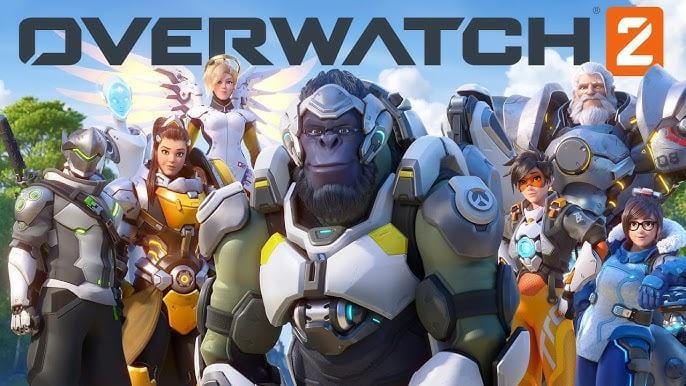

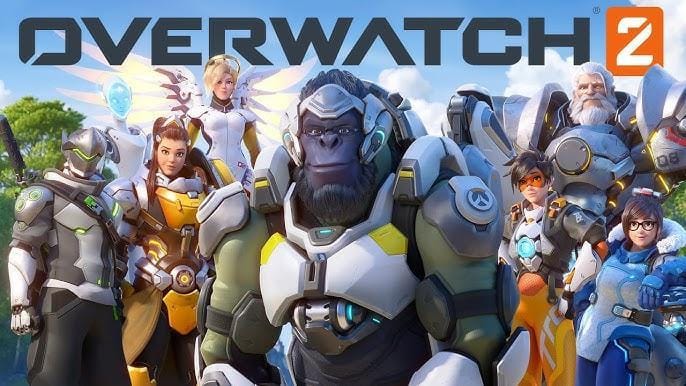
Most Overwatch coaches already have a sense of what they’re stepping into. The rank is part of it, the replay gives more insight, but the real read comes once the session starts.
They’ve seen the rank, skimmed the replay, and noted the role history. That part of the process moves quickly.
What takes time is unpacking how the player makes decisions under pressure. Some stall out during mid-fight rotations, others misread tempo or use cooldowns in isolation.
The habits often appear early, sometimes in the first minute of a match, but they won’t shift unless someone points out what has been repeating without their realization.
That’s where the real work begins.
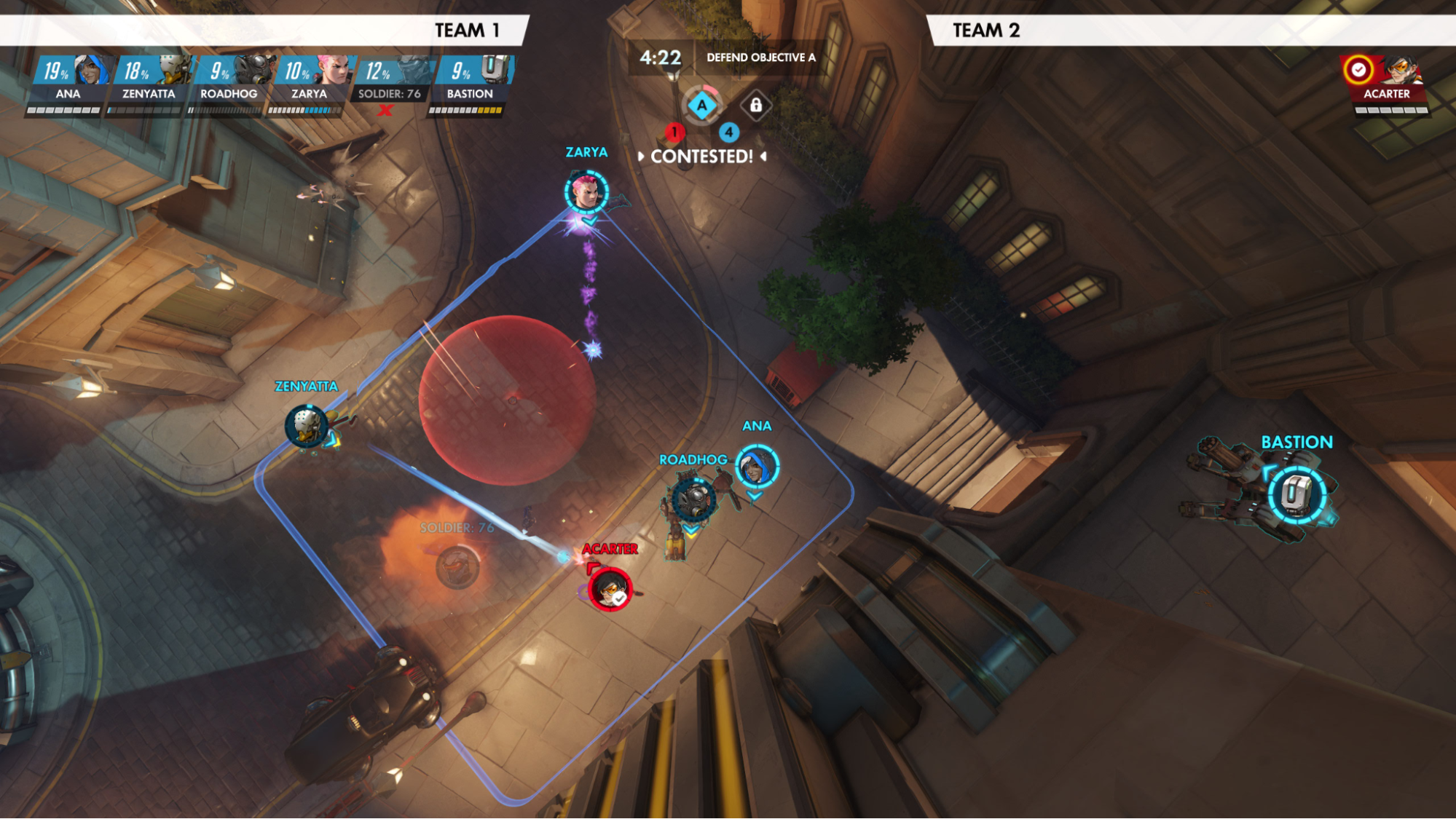
Coaches don’t just watch replays, instead, they guide players through them with purpose. A good coach will stop a VOD right as the tempo shifts, ask why a support drifted too far, or how the team lost sight of the frontline.
They look at more than just picks and deaths. Positioning, ability trade, ult economy, and map pressure all get reviewed. Some sessions focus entirely on the first 30 seconds of a match, especially if that’s where a player consistently loses ground.
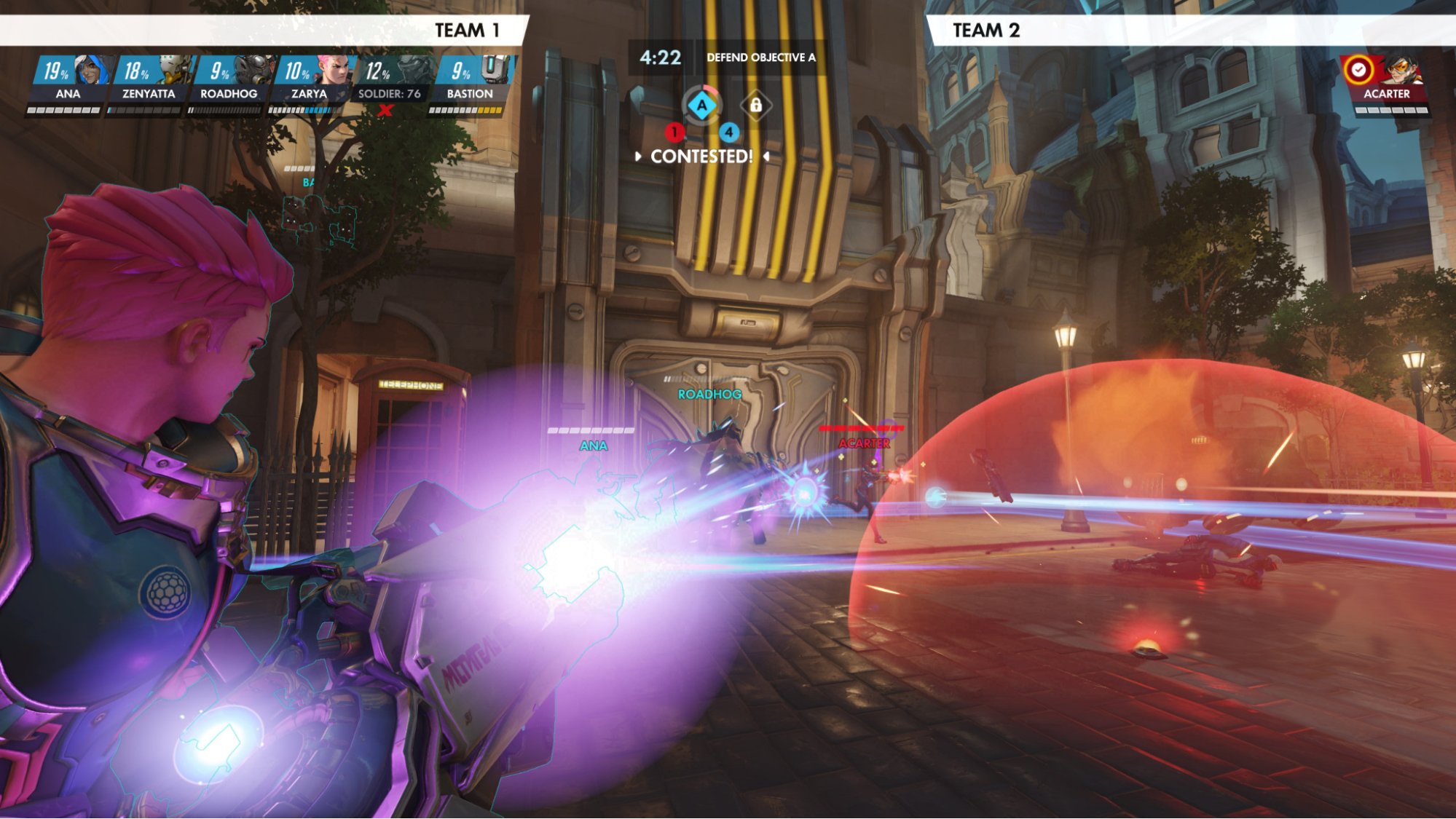
Live sessions bring a different kind of focus. The coach watches how a player responds when the game speeds up, when the comms go quiet, or when an ult gets wasted without pressure behind it. Notes get taken in the background.
The feedback comes later, once the match is over and the thinking has settled. The point isn’t to overwhelm the player mid-fight, it’s to catch the moments that keep slipping by, then walk back through them with more clarity. That’s where the coaching holds weight.
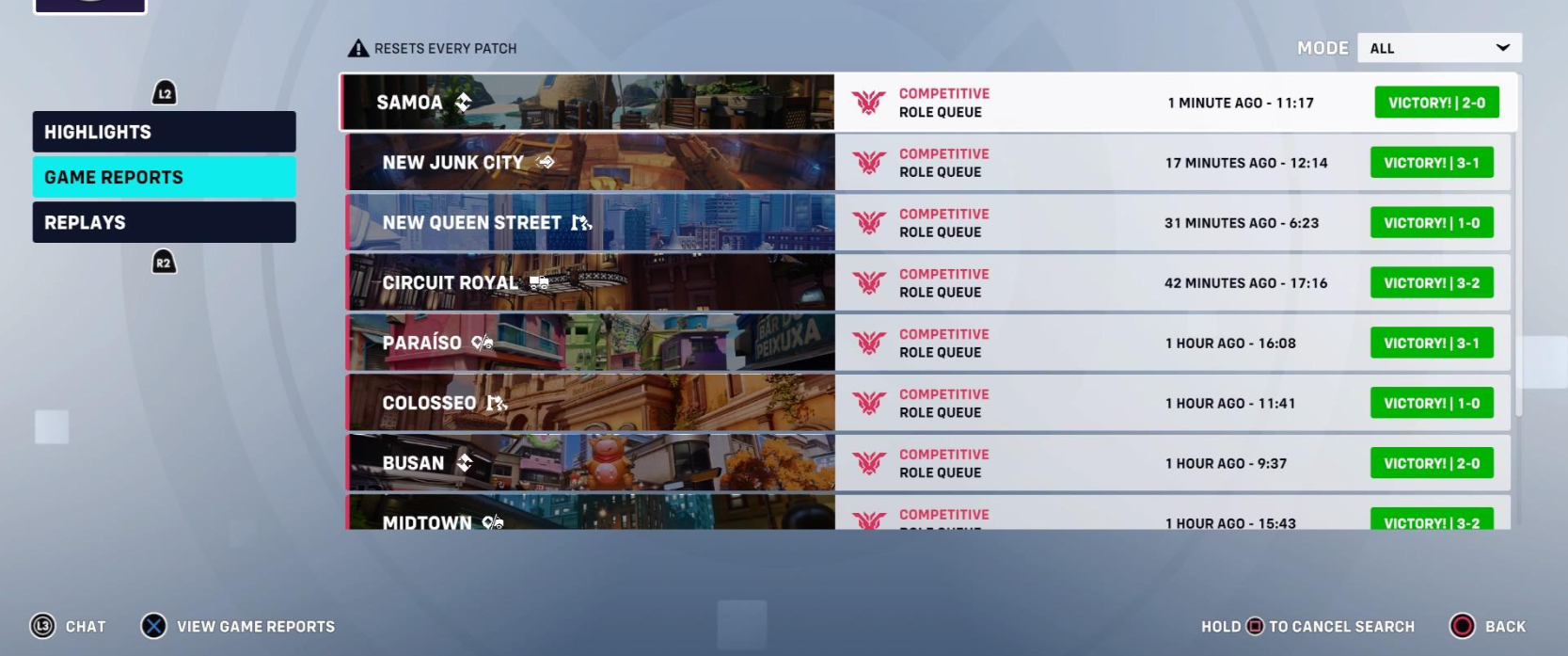
Overwatch punishes tunnel vision, poor positioning, and wasted cooldowns. Overwatch 2 coaches help players recognize the moments when those habits creep in. That means building awareness, not handing out scripts.
A good coach will ask the right questions instead of listing instructions.
What were they expecting when they used lamp early?
Why did they flank solo with no audio cues?
The answer’s less important than the thinking behind it. Implementing these strategies is how a player starts learning to adjust without outside input.
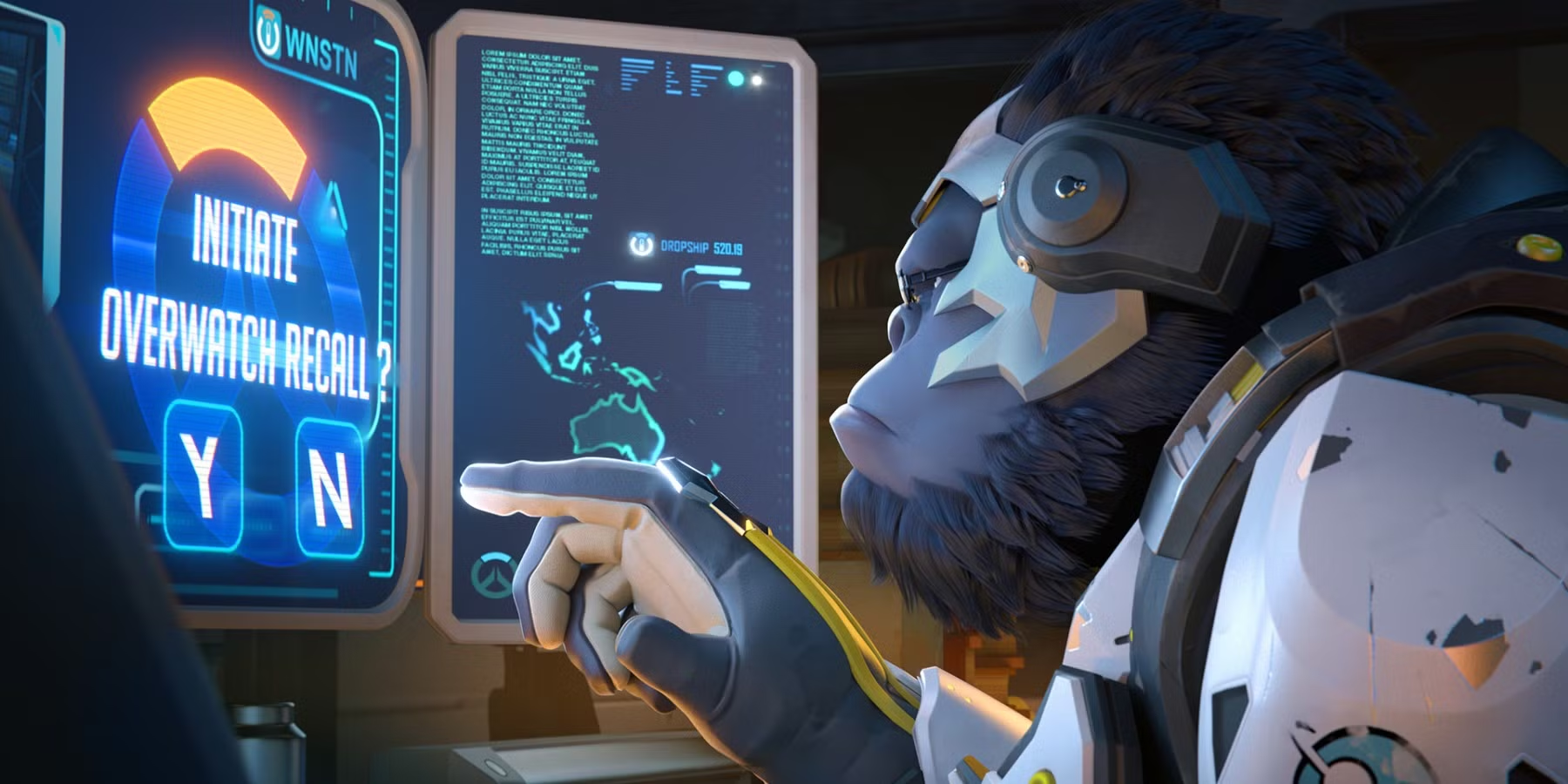
Coaching isn’t one-size-fits-all. Some players book replay reviews only. Others want weekly sessions tied to role goals or seasonal climb. A coach might spend one week on ult pacing, then shift to positioning during retakes the next.
Over time, that structure becomes a rhythm the player can follow. WeCoach supports this kind of setup through one-on-one sessions, multi-session packs, and coach profiles that show exactly what each session covers.
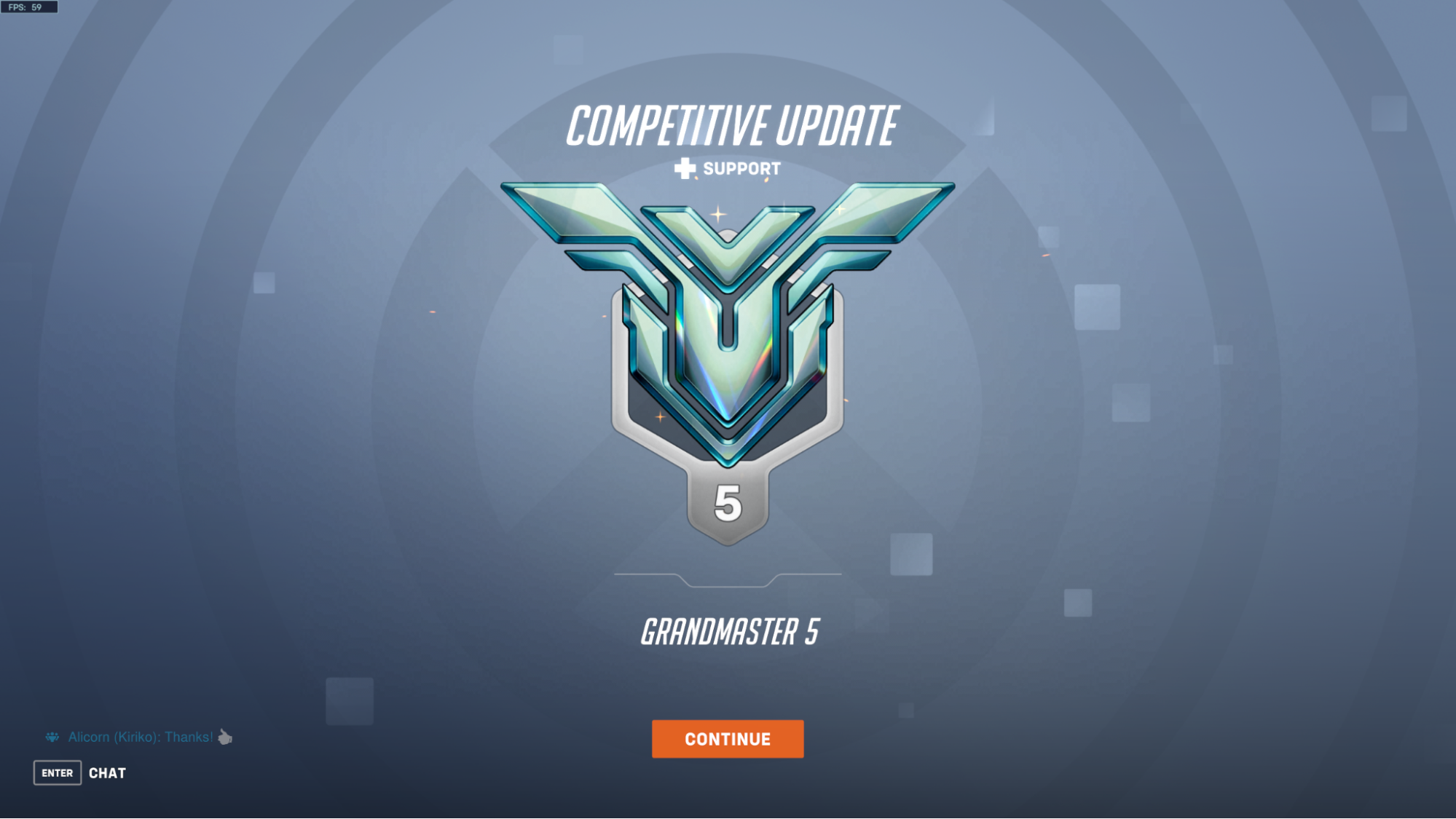
Coaches focus on helping players build better habits under pressure. That might mean fewer lost fights from poor resets, tighter ult trades, or more consistent impact over time. When those fundamentals become solid, climbing the ranks is a natural consequence.
When done right, coaching doesn’t just help someone play better; it shifts how they think about fights, pressure, and team movement. These strategies follow into scrims, team play, and tryouts if a player’s pushing that far. What they learn in session keeps working long after the call ends.

Roger is an esports journalist and content writer specializing in League of Legends guides, patch analysis, and coaching insights.
View all articles